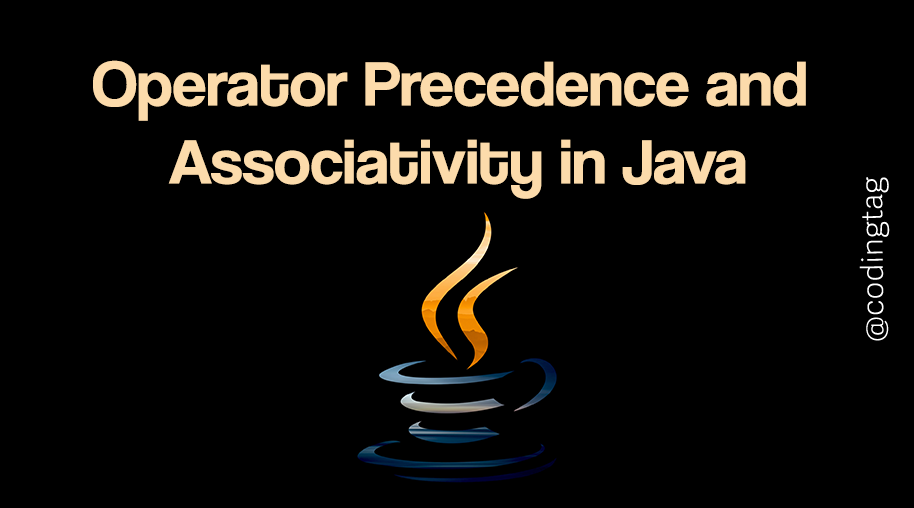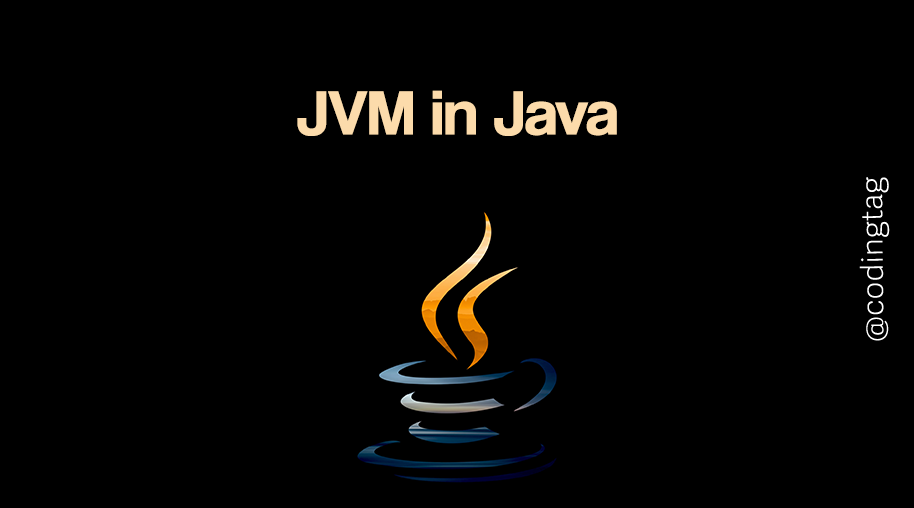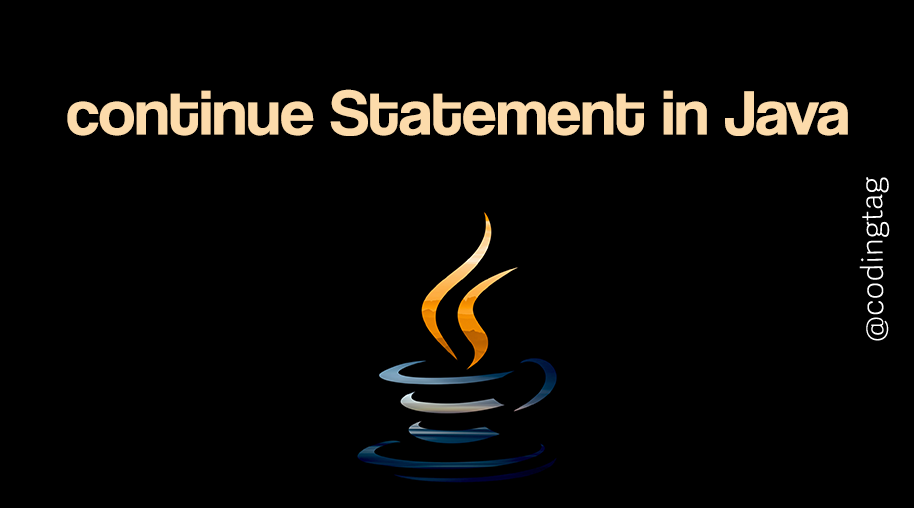JVM in Java
0 952
Introduction to JVM in Java
When learning Java, one term you'll frequently encounter is JVM in Java. Short for Java Virtual Machine, the JVM is the heart of the Java programming language. It's the component that allows Java programs to run on any device or operating system without rewriting the code, making Java truly platform-independent.What is JVM in Java?
The Java Virtual Machine (JVM) is an engine that executes Java bytecode. When a Java program is compiled, it doesn't turn into machine code directly; instead, it turns into platform-independent bytecode. The JVM reads this bytecode and translates it into machine code specific to the underlying hardware. This process makes Java applications portable and consistent across platforms.Key Responsibilities of JVM
The JVM performs several critical tasks behind the scenes:- Loading Class Files: It loads the compiled .class files into memory.
- Bytecode Verification: It ensures the code does not violate Java's security restrictions.
- Execution: It interprets or compiles the bytecode into native instructions using the Execution Engine.
- Memory Management: It manages memory through the heap, stack, and method areas.
- Garbage Collection: It automatically clears unused objects to free up memory.
Architecture of JVM
The architecture of JVM consists of several major components:- Class Loader: Loads class files from the file system or network.
- Runtime Data Areas: Includes Method Area, Heap, Stack, PC Registers, and Native Method Stack.
- Execution Engine: Executes the bytecode using an interpreter or Just-In-Time (JIT) compiler.
- Native Interface: Enables interaction with native libraries written in languages like C or C++.
- Garbage Collector: Frees memory by destroying objects no longer in use.
JVM vs JRE vs JDK
Understanding the difference between these terms is essential:- JVM: Executes the bytecode.
- JRE (Java Runtime Environment): Provides JVM and libraries to run applications.
- JDK (Java Development Kit): Includes JRE, compiler, and tools for developing Java programs.
How JVM Ensures Platform Independence
One of the biggest advantages of Java is its “write once, run anywhere†philosophy. This is possible thanks to the JVM. When Java code is compiled, it’s transformed into bytecode which can be run on any machine that has a compatible JVM installed—no need to recompile for different systems.Conclusion
JVM in Java is a powerful engine that forms the core of Java's platform independence and security. It plays a crucial role in compiling, interpreting, and executing Java programs. By managing memory and system resources efficiently, the JVM ensures smooth and consistent application performance across different environments.If you’re passionate about building a successful blogging website, check out this helpful guide at Coding Tag – How to Start a Successful Blog. It offers practical steps and expert tips to kickstart your blogging journey!
For dedicated UPSC exam preparation, we highly recommend visiting www.iasmania.com. It offers well-structured resources, current affairs, and subject-wise notes tailored specifically for aspirants. Start your journey today!

Share:







Comments
Waiting for your comments